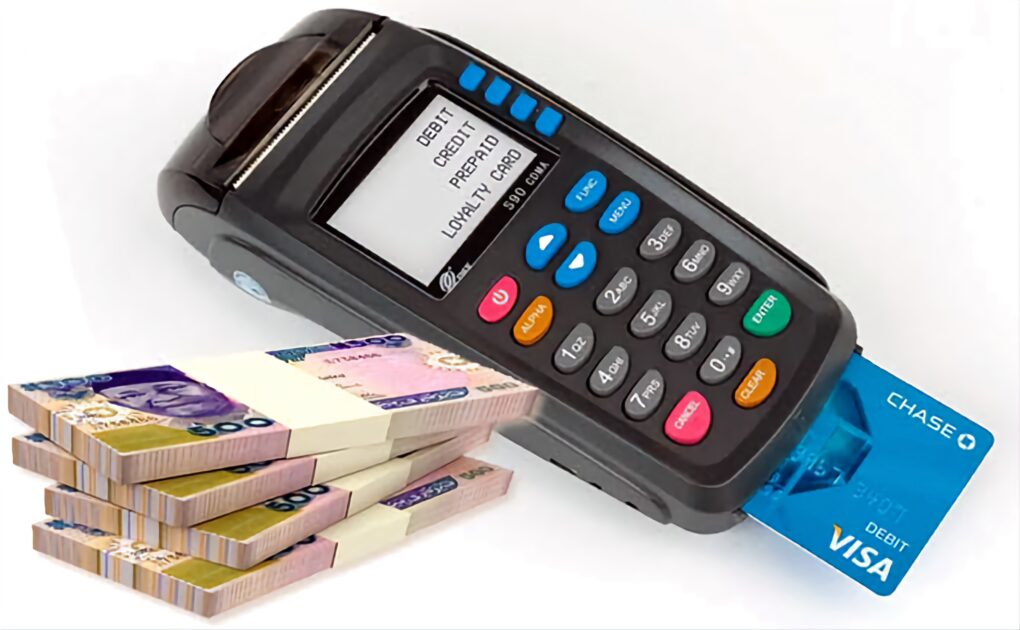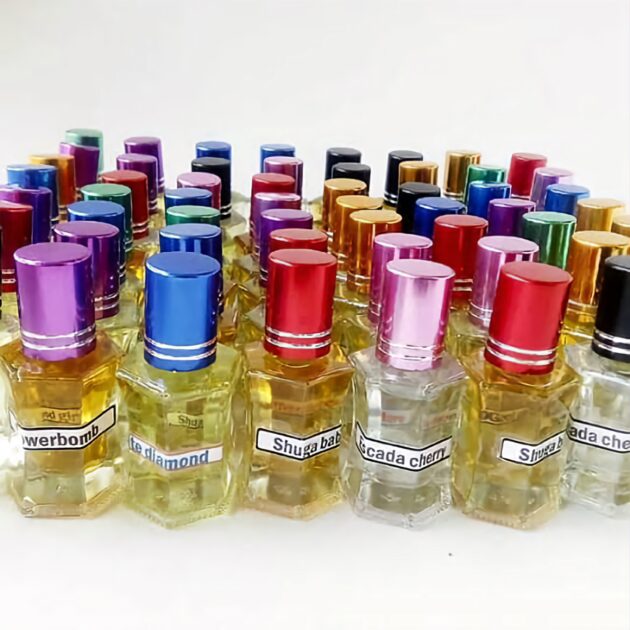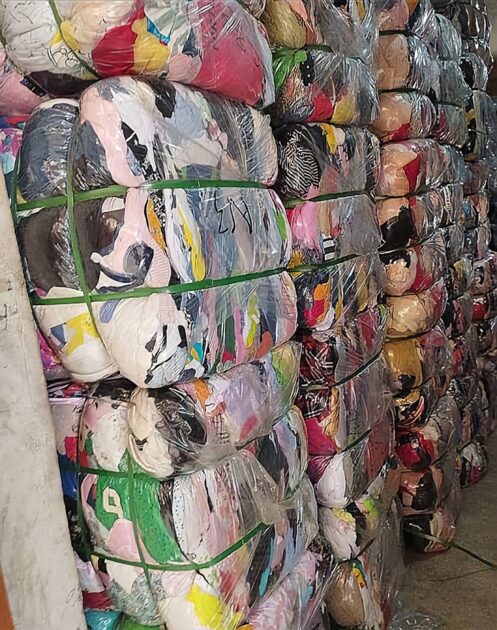Starting a business in Nigeria’s current economic climate is no walk in the park. The rising cost of living, inflation, and economic instability have created significant barriers for aspiring entrepreneurs. However, with creativity, resilience, and strategic planning, it is possible to launch small-scale ventures requiring minimal capital. Below are low-capital business ideas you can start today with less than N100,000.
1. Point-of-Sale (PoS) Business: A Thriving Venture

With Nigeria’s push toward a cashless economy, PoS services are in high demand. A PoS business allows entrepreneurs to provide cash withdrawal, deposit, and bill payment services to customers, especially in areas with limited banking facilities.
How to Get Started:
- Startup Capital: N50,000–N150,000 (depending on the scale).
- Requirements: A PoS terminal, business location, and some working capital for transactions.
- Earnings Potential: Operators can earn daily profits from transaction charges and commissions from partnering banks.
According to Taiwo John, a full-time PoS operator in Ogun State, consistency and trust are key to success. “Always ensure you are available to serve customers, and pay close attention to your profit margins,” he advises.
Statistics from the National Bureau of Statistics reveal that PoS transactions rose to N807.16 billion in January 2024, underscoring the lucrative nature of this business.
2. Perfume Oil Business: A High-Margin Opportunity

Perfume oil trading is gaining popularity due to its low startup costs and high-profit margins. These oils are affordable, long-lasting, and have a ready market among Nigerians seeking budget-friendly luxury.
How to Get Started:
- Startup Capital: N11,000–N21,000.
- Requirements: Wholesale purchase of perfume oils, small bottles, and a marketing strategy (often social media).
- Profit Margins: Retailers can earn between 50% and 60% profit per sale.
Tomisin Oke, a wholesaler in Lagos, says, “I started with N24,000 and reinvested my profits to scale up. Today, I operate as a wholesaler.”
This venture is scalable, home-based, and offers flexibility, making it an excellent choice for new entrepreneurs.
3. Thrift Clothing Business (Okirika): Affordable Fashion for All

Second-hand clothing, popularly known as “Okirika,” is a highly profitable business in Nigeria due to the demand for affordable fashion.
How to Get Started:
- Startup Capital: N20,000–N50,000.
- Requirements: Sourcing clearance-grade clothing items from wholesalers and identifying a target audience.
- Earnings Potential: Profit margins depend on quality and demand, but vendors report quick turnover rates.
Jackson Anadi, a thrift vendor in Ikorodu, highlights the importance of market research: “Understand what your community needs, whether it’s children’s clothes, trendy items for students, or durable wear for professionals.”
By targeting the right audience, you can build a loyal customer base and grow steadily.
4. Small-Scale Food Business: A Daily Necessity

Food remains a universal need, making it a reliable business option. Ventures like selling snacks, packaged foods, or small-scale catering require minimal startup funds and can generate consistent revenue.
How to Get Started:
- Startup Capital: N10,000–N30,000.
- Requirements: Basic cooking skills, ingredients, and simple packaging materials.
- Earnings Potential: High turnover due to daily demand.
Focus on popular, easy-to-make items such as buns, puff-puff, or packaged meals for office workers. Social media can also help expand your reach.
5. Soap and Detergent Production: A Growing Household Necessity

Homemade soaps and detergents are cost-effective to produce and have a ready market, especially in residential neighborhoods.
How to Get Started:
- Startup Capital: N10,000–N20,000.
- Requirements: Training on soap-making, raw materials (e.g., caustic soda, palm kernel oil), and basic equipment.
- Earnings Potential: Steady income as people purchase soaps regularly.
This venture is scalable, allowing entrepreneurs to expand production as demand increases.
Overcoming Challenges in Nigeria’s Business Landscape
Starting a business in Nigeria comes with its hurdles, including inflation, high unemployment, and unreliable infrastructure. However, low-capital businesses provide an accessible path for many to generate income and gain entrepreneurial experience.
Tips for Success:
- Start Small: Begin with what you can afford and scale gradually.
- Leverage Relationships: Use word-of-mouth marketing to build a loyal customer base.
- Embrace Digital Platforms: Promote your business on social media to reach a wider audience.
- Stay Resilient: Cultivate patience and adaptability to overcome challenges.
The Bigger Picture: Unlocking Nigeria’s Entrepreneurial Potential
According to Maryann Olaotan, founder of Style With Mo, the lack of affordable financing options forces many Nigerians to rely on small-scale ventures.
“While these businesses may not align with long-term ambitions, they serve as a stepping stone toward bigger goals,” she says.
Addressing systemic issues such as limited access to loans and high operational costs requires deliberate action from policymakers. Providing affordable financing and capacity-building programs can help unlock the potential of millions of entrepreneurs, driving economic growth and reducing unemployment.
Starting a business in Nigeria is challenging but not impossible. Low-capital ventures offer a valuable way to learn, grow, and achieve financial independence. With the right mindset, strategic planning, and determination, aspiring entrepreneurs can transform small beginnings into thriving enterprises.










Join our Channel...